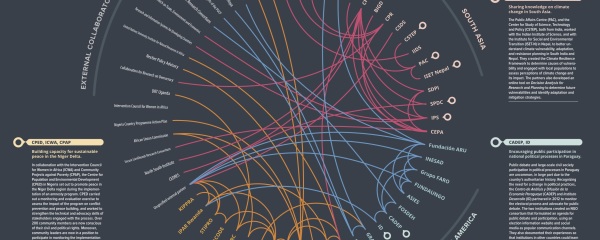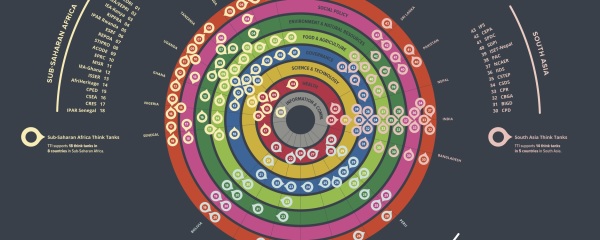CPD Distinguished Fellow Dr Debapriya Bhattacharya has encouraged think tank researchers to focus on trade-offs within the Sustainable Development Goals (SDGs) and consider those trade-offs having implications for indicators.
Dr Bhattacharya, also Chair, Southern Voice on Post-MDGs, was moderating a plenary discussion on “Research Quality for Think Tanks,” at the 2015 TTI Exchange in Istanbul, Turkey on Wednesday, 18 February 2015.
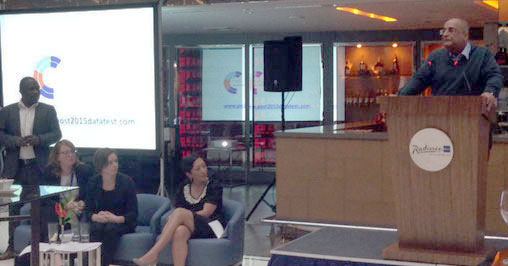
The Exchange, organised by the Think Tank Initiative (TTI) during 18-20 February 2015 brings together up to 200 think tanks, donors, and other research-to-policy stakeholders to explore perspectives on the theme of “Research Quality: Approaches, Outreach and Impact.”
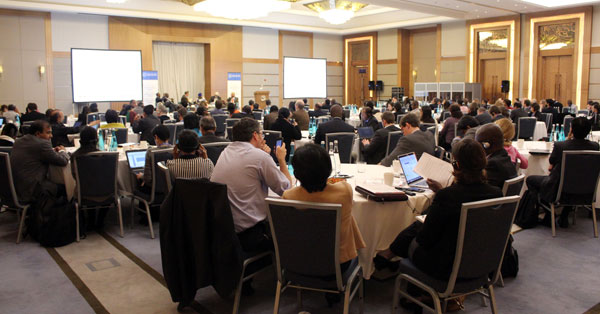
The first plenary comprising Mahmood Mamdani, MISR, Uganda; Miguel Jaramillo, GRADE, Peru; Ifediora Amobi, AfriHeritage, Nigeria and Priyanthi Fernando, CEPA, Sri Lanka shared perspectives on research quality for think tanks, and how think tanks deal with different knowledge and approaches to research.
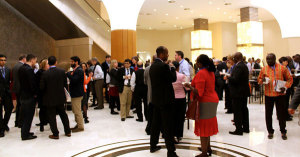
The two-day event included plenary sessions on policymaker’s perspectives on research quality, assuring quality of research in TTs and overview of TTI external evaluation, as well as parallel session on tools for research quality, outreach and engagement, quality assurance mechanisms and open discussion on potential collaboration.
In his remark, CPD Executive Director Professor Mustafizur Rahman said that being a think tank based in the global south should not prevent a think tank from becoming global.
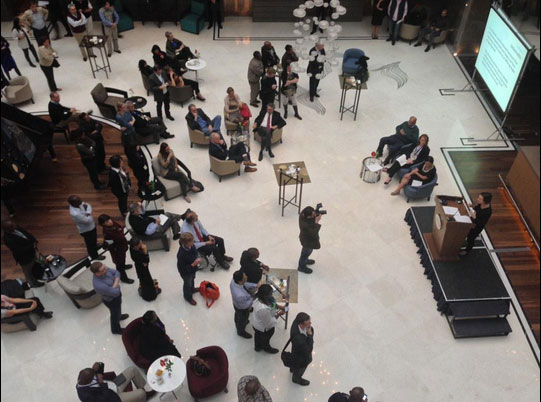
Think Tank researchers discussed what research quality meant for think tank impact, both in theory and in practice. This Exchange aimed to learn more about what research quality means, as well as learn about approaches and tools to strengthen research, engage with key actors, and increase the impact of think tanks.
This infographics produced by TTI thematically categorise the participating think tanks and underscore their common areas to be shared
Share perspectives on how research quality can lead to think tank impact.
Share knowledge, practice, and experience on how think tanks are ensuring rigour and quality research while maintaining policy relevance.
Create awareness and exposure to a range of different approaches, methods, and tools for strengthening research quality.
Identify potential areas of capacity development and related support for research quality in think tanks.
Promote networking and collaboration between think tanks and other research to policy stakeholders.


